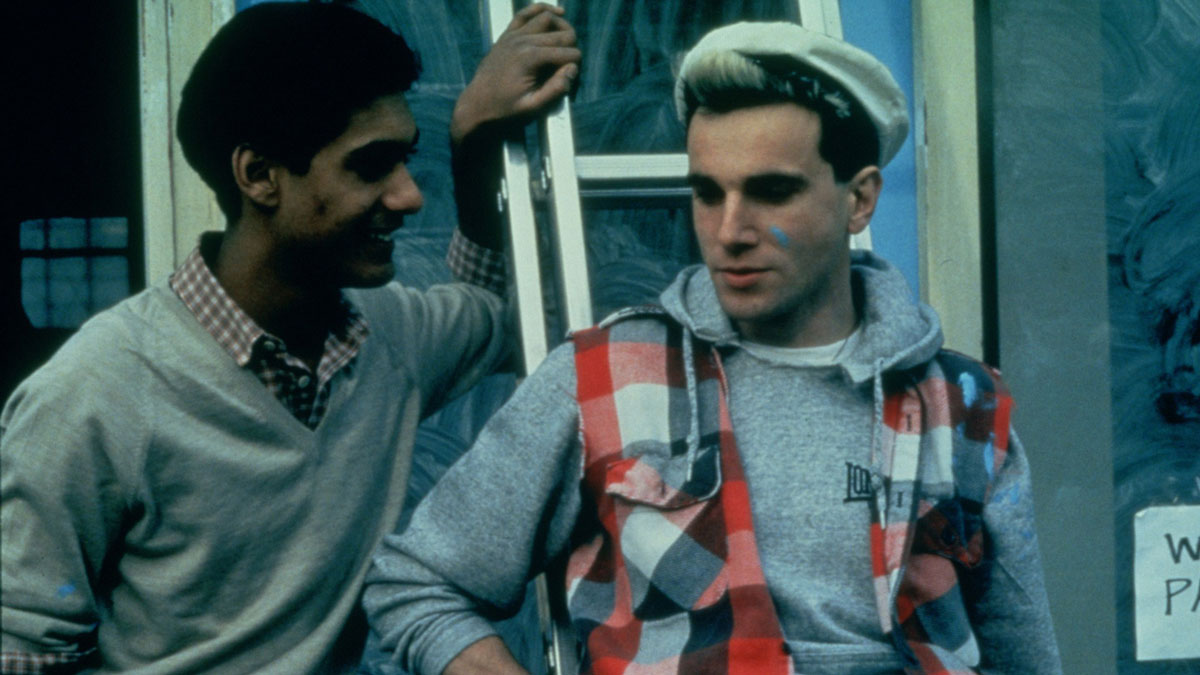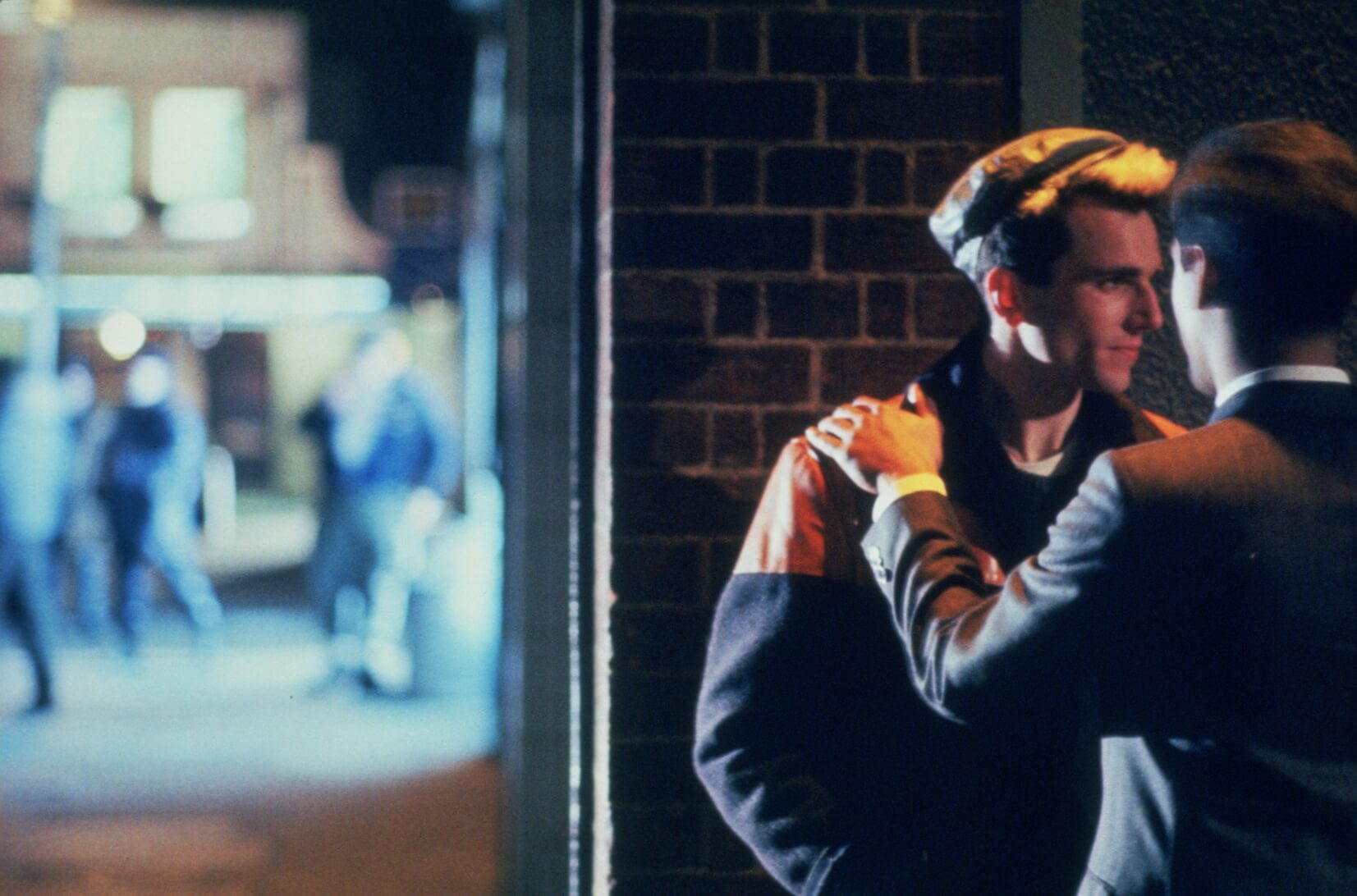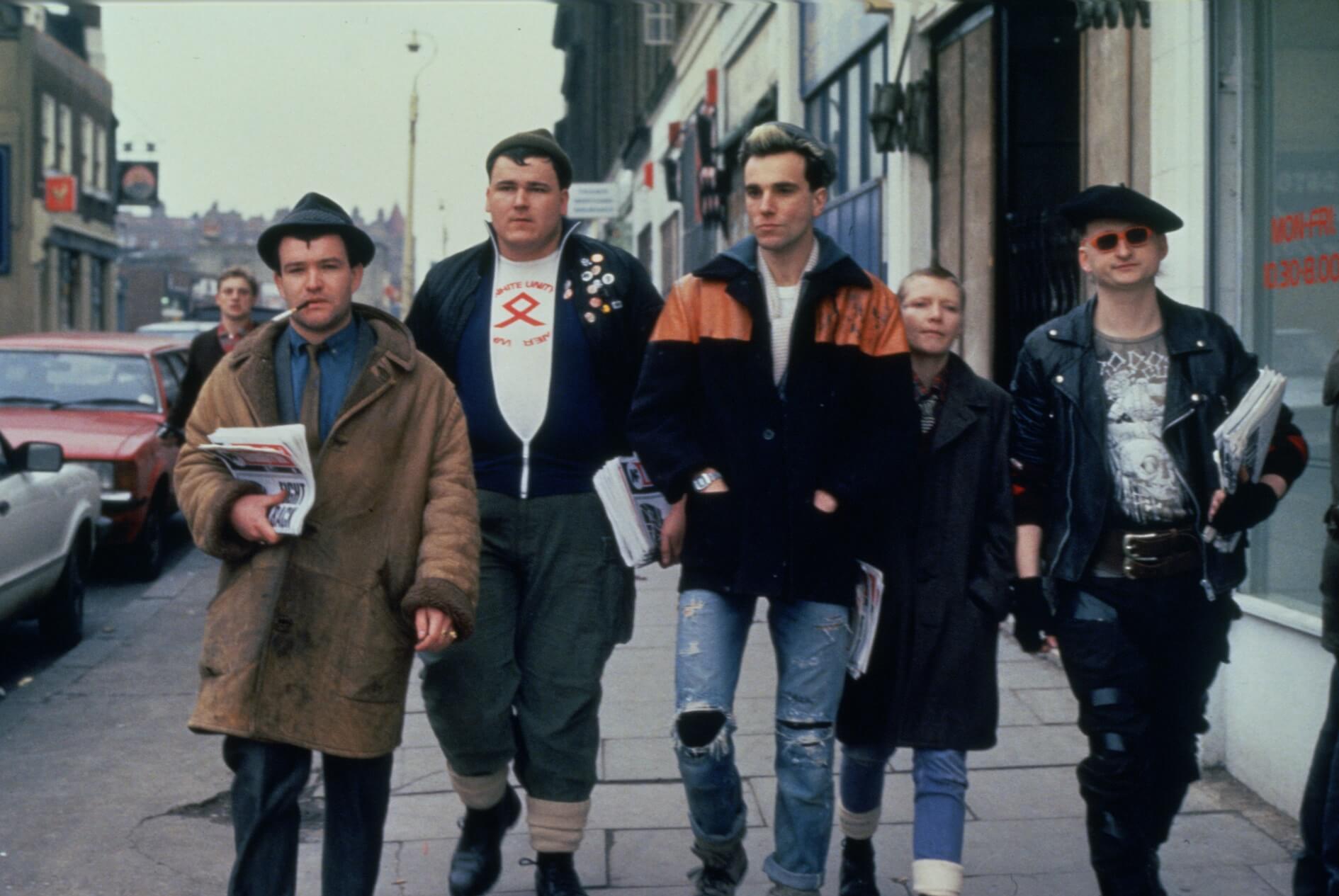
“My Beautiful Laundrette” The problems of the coming modern world reflected in London in the 1980s
2019.09.22
A book of scenarios arrived at Director Frears' house.
What is now legendary about this movie is the story of how it started. One day, there was a scenario in the Frears' mailbox. It was written by Hanif Qureshi, a writer of Pakistani descent. He wrote this work with inspiration from his own relatives. As soon as Frears read it, he decided to make it into a movie. "But I never thought I could make a movie about a young gay Pakistani man starting a laundry business," he recalls.
So I decided to make this work as a TV movie. In the 1980s, a new national broadcaster called Channel 4 was born in the UK. The station focused on film production and had a time slot called ``Film for Four.'' Frears, who had worked on many TV movies in the 1970s, considered this new station a good fit. Screenwriter Qureshi also wrote in an essay, ``I thought it would be better without the commercial pressure.''

Britain has always had high-quality television dramas, and in the 1960s, the same national broadcaster, the BBC, directed John Schlesinger (`` Midnight Cowboy '' (69)) and Ken Russell (``Women in Love'' (69)). ), and director Ken Loach (`` Kes '' (69)), talented filmmakers are seizing the Being There to make a big splash. On Channel 4, director Neil Jordan, who later directed `` Interview with the Vampire: The Vampire Chronicles '' (1994), directed ``Murder Angel'' (1982), and director Peter Greenaway, who also influenced `` On Her Majesty's Favourite '' (18), directed the film. `` Murder in the British Style '' (1982) and other films were made, both of which were released in theaters and received great acclaim.
``My Beautiful Laundrette'' was released as a TV movie without any great expectations. The film received a huge response when it premiered at the Edinburgh Film Festival in Scotland.
Derek Malcolm, one of Britain's leading critics, said: ``If this ground-breaking, highly interesting and controversial work had not been released in theaters, the creative collaboration between television and the film world would have been a challenge.'' , he wrote at the time, ``There is no hope in the future'' (``The Guardian''). After that, offers for distribution came in one after another from all over the world, and it caused a great response in the United States (as mentioned above, it also won numerous awards).
This movie was released in Japan in 1987. In fact, I visited Stephen Frears' house in London and was able to conduct an interview with him. Frears had already completed his next film, Prick Up (1987, starring Gary Oldman), which was a hot topic at the Cannes Film Festival. Although he was treated as a newcomer in the film industry, he was already in his mid-40s. He gained strength through his work on television and on stage, and was recognized for his work in ``My Beautiful Laundrette,'' but as he was a late bloomer, he took the sudden criticism calmly.
``My Beautiful Laundrette'' was a TV work, but when asked, ``Is there a difference in your approach to filming for TV and movies?'', he answered, ``There's no particular difference.'' It seems like he was thinking from the perspective of just one piece of work. During the interview, I was particularly struck by the words he said, ``The Thatcher government wouldn't do anything, so I made a movie that captures that anger.'' In the 1980s, the Thatcher government tried to revitalize the economy in order to overcome inflation, but this widened the gap between rich and poor and sparked opposition from people involved in culture.

In the film, Omar, a young Pakistani immigrant, gets a job thanks to his uncle, a successful businessman. With the rise of immigrants, they have become economically powerful, but on the other hand, young Londoner punk Johnny and his friends are out of work. The appeal of this movie was that it depicted such a contradictory social situation, but also had some humor in it. Regarding such depictions, the director himself replied, ``I think it's precisely because the situation is so tragic that humor is necessary.''
He is not the type to show off his charm to others, and even though he is a craftsman, he follows his own path. He seemed like that type of person. Day-Lewis has mentioned Martin Scorsese as one of his favorite directors, and the character he played in My Beautiful Laundrette was Johnny (also known as Johnny Boy), a reference to Scorsese's Mean Streets. This is the name of the character played by Robert De Niro in ``The Man Who Lived'' (1973).
Frears later worked on Scorsese's thriller `` Grifters ,'' but Scorsese, who is known for his street style, probably liked the gritty, downtown feel that Frears displayed in this film and his next film, ``Prick Up,'' and decided to work with him. I guess it is.

